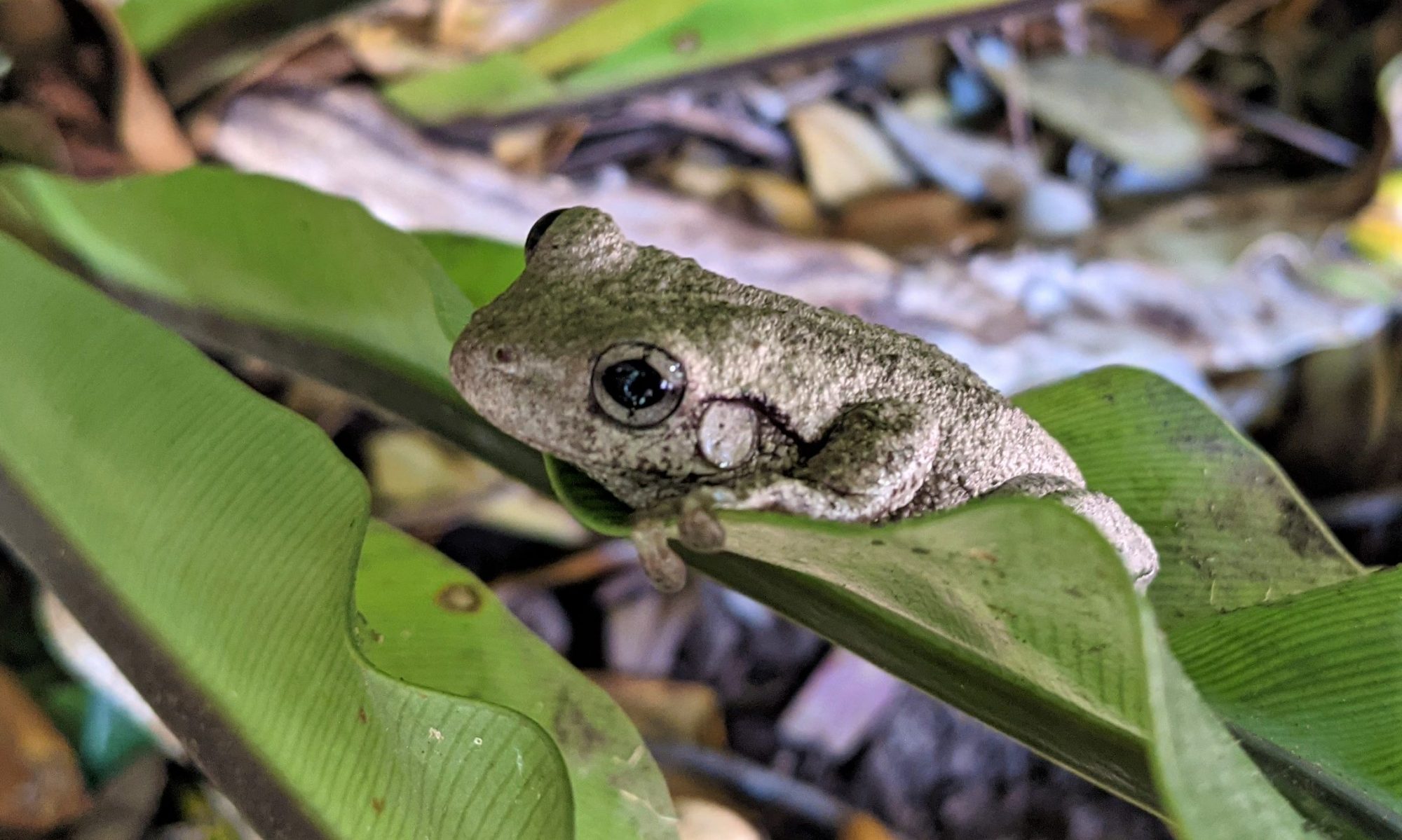Here are some tips on how to create an environmentally friendly backyard and a haven for native wildlife. You can also become more sustainable by growing fruit and veggies, having fresh eggs and reducing your waste.

Grow your own food
With a little patience and some gardening know-how, it’s possible to grow your own fresh food at home. First choose a site with plenty of sun. Prepare your planting area by mulching, composting and regularly turning over the soil to eliminate weeds. Find out what is in season and choose what you want to plant—pumpkins, potatoes, beetroot, carrots, lettuce and tomatoes are all good choices. Give your seedlings or seeds a good deep watering when you first plant them and water regularly after planting (but don’t overwater!).
Be Water wise
Carry through good water-saving habits to your garden. Group plants with similar watering needs together, water the roots and soil rather than the leaves and flowers, and choose drought-tolerant plants that need less water. Water your garden in the cool of the evening or early morning and use mulch and compost to reduce evaporation. Locate gardens in areas that will capture ‘runoff ’ rainwater from the roof: It reduces the need for watering and diverts storm water from draining into rivers and creeks.
If you don’t have a garden, use pots, planters or even recycled polystyrene boxes and place them on your balcony or courtyard. You can plant small lettuce, snow peas, herbs, Asian salad greens, cherry tomatoes and even strawberries.
Keeping Chickens
Keeping chickens in the backyard is an easy, economical way to get fresh eggs and save money. They are fairly inexpensive to maintain and you are guaranteed to have eggs that are chemical and hormone free.
Before getting chickens, get familiar with the standards for keeping poultry. Check the NSW legislation Local Government (General) Regulation 2005 – Schedule 2, Part 5, Division 2.
Attracting birds to your backyard
Attract birds to your backyard by creating a garden that will provide food, shelter and nesting materials and sites. Local flowering plants and fruit trees provide birds with nectar and seeds. To provide birds with some protein rich food, use mulch to encourage worms, insects and grubs to thrive. Plant dense prickly native shrubs for shelter, hang up nesting boxes and install a bird bath.
Create a frogs friendly backyard
Encourage frogs to come to live and breed in your backyard. Create a small shallow pond in an area that is partly shaded. Include thick ground hugging plants around part of the pond to provide areas of warmer and cooler water. Your pond will need some sunlight to encourage algae and other plants that provide food for tadpoles. Make sure the banks slope gently so that the frogs can get out. Add some rocks and logs to provide shelter for adult frogs.
Minibeasts in your backyard
Not all bugs are pests. Good bugs pollinate plants, break down dead flora and fauna, aerate the soil and are food for other wildlife. They can even help keep harmful pests away. Create an inviting environment for good bugs by planting plenty of native plants, wildflowers and herbs and use chemical-free pest control when the pests do creep in.
Chemical free pest control
- Adopt natural ways to control pests in your garden instead of resorting to chemicals.
- For sap sucking insects such as aphids, try soapy water applied directly onto the insects.
- To discourage snails, place saucers of beer in your garden. The snails will drink the beer, fall into the saucer and drown. Snails also dislike travelling over sawdust, so sprinkle some near the base of plants to deter them.
- To get rid of cabbage moths, sprinkle half eggshells throughout your veggie garden. The moths mistake the egg shells for other moths and leave the area.
- To kill weeds, pour boiling water directly onto them.
- To get rid of powdery mildew, spray milk directly onto affected leaves. Or try a mix of 4 litres of water, 4 teaspoons of baking soda and half a cup of white oil as a spray.
- For blackspot on roses, mix a litre of soapy water and a litre of skim milk and spray onto the roses every few days.
Find out what else you can do to create a wildlife friendly backyard with the What’s in your Backyard activity series.


